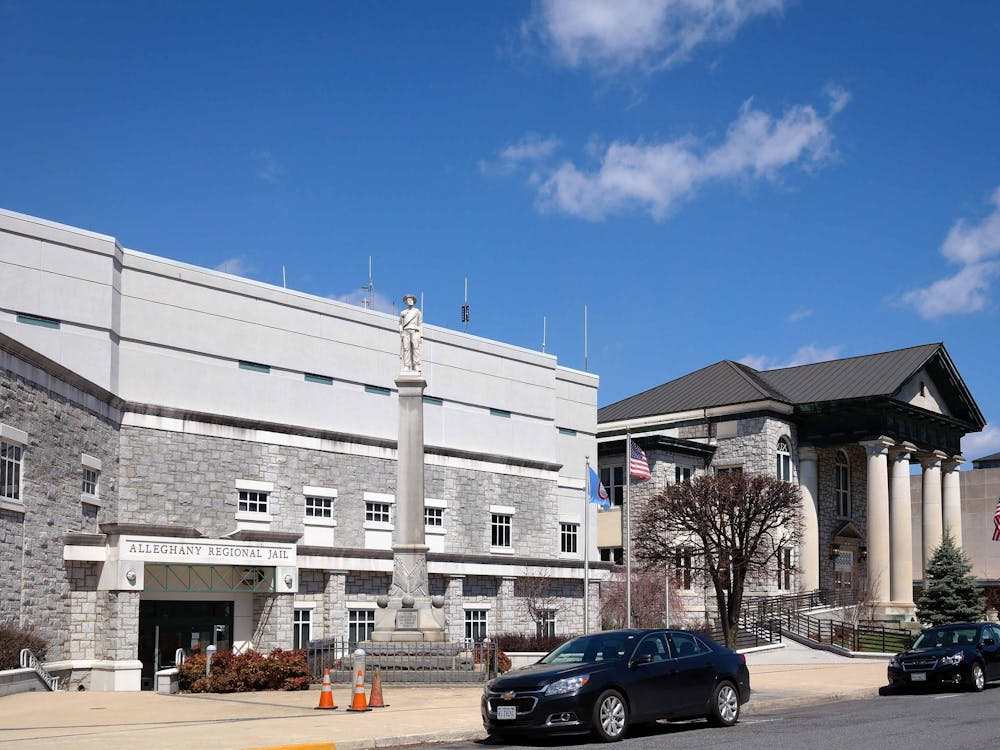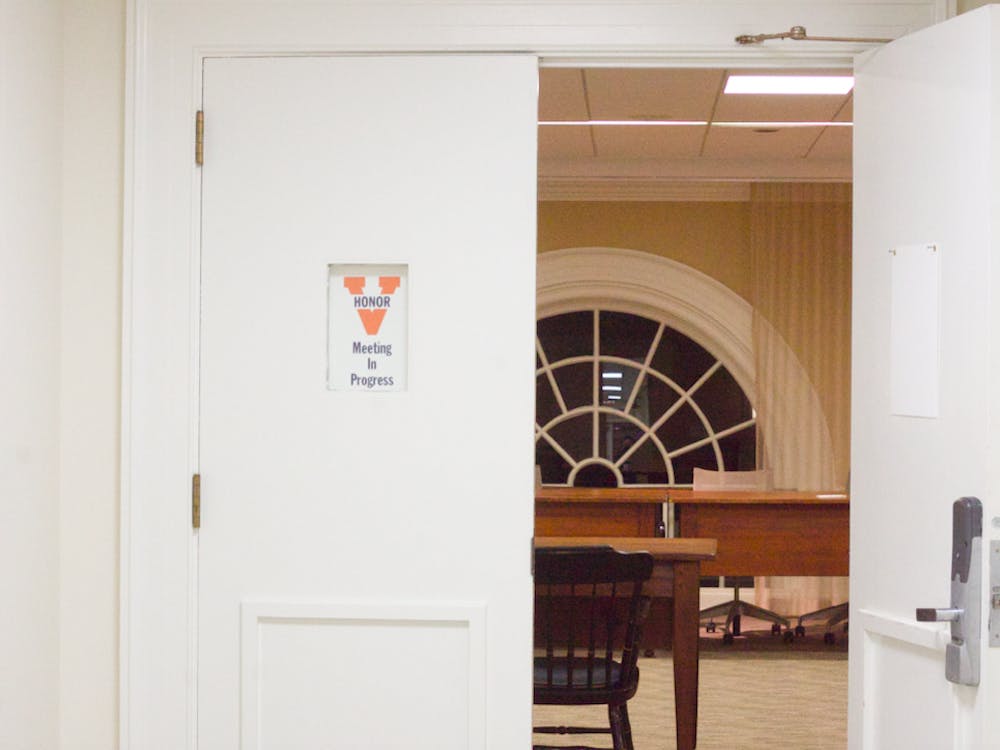I don’t quite know if it’s a generational thing or a more nationwide trend, but it seems there’s a widespread belief that eschewing partisan or ideological labels is a good thing. This is understandable — it likely stems from a well-intentioned feeling that we must combat polarization and reach bipartisan solutions — but counterproductive; removing descriptors doesn’t solve the underlying disagreements between individuals. Rather than obscuring our beliefs, we should clarify them by embracing more labels, not less.
For tangible evidence of this label-bashing phenomenon, just witness the growing number of people who choose to identify as independent, rather than with a party. At the same time, there is confusion within labeled groups about who does or does not fit into a category. Pro- and anti-Donald Trump factions debate which side represents true conservatism. Hillary Clinton wavers between casting herself as a moderate and a progressive. Trump insists he is a conservative, but then says, “at this point who cares.” Talk to any group of students on Grounds and a chunk of them will likely say they are “fiscally conservative but socially liberal,” but what that philosophy actually entails varies from person to person. And then of course there is the national group styling itself “No Labels.”
The upshot is words that were once helpful indicators of what others believed have now been rendered meaningless or discarded altogether. Down this road lies disappointment. First, insufficiently precise labels will lead voters supporting the same politician to have vastly different expectations of their representative: In the age of Trump, who knows if someone who calls himself a conservative favors free trade or protectionism? Second, when politicians hide their beliefs behind empty platitudes about putting ideology aside and working to find pragmatic solutions, they imply sincerely held beliefs exist just to act as weapons of mass obstruction. This leads to further polarization, as voters begin to assume it’s impossible to have partisan or ideological disagreements in good faith.
In Confucian thought, there exists an idea known as “the Rectification of Names.” The basic idea is that if language doesn’t convey the truth of things, social disorder will follow. George Orwell makes similar points in “Politics and the English Language.” In either case, the lesson is language should be as precise as possible, or our politics suffer.
All of this is to say polarization and disillusionment don’t stem from an abundance of labels, but, at least partially, from a scarcity. The idea that all Republicans should label themselves or should be labeled “conservative” is ludicrous. (This extends to the Democrats as well, but since I’m more cognizant of the in-house squabbles of conservatives and the GOP I’ll focus my argument on them). Simply within the realm of domestic policy, there are self-identified conservatives who wish to significantly expand immigration, and those who wish to sharply reduce it. There are those who want to compromise on universal health care coverage, and those hoping to drastically scale back entitlement programs. Foreign policy might even demonstrate a larger rift; just look at the last two Republican nominees. Mitt “Nostradamus” Romney called Russia America’s number one geopolitical foe; Donald “Useful Idiot” Trump is Vladimir Putin’s most high-profile defender.
The solution, then, isn’t to abandon labels such as “conservative,” but to clarify them. There’s certainly no shortage of specifications one could adopt. Favor an especially hawkish foreign policy and made your peace with the existence of the welfare state? Say you’re a neoconservative. Care more about social issues, think immigration should be reduced and/or prefer a more isolationist foreign policy? Proudly embrace the paleoconservative descriptor. Read National Affairs, Ross Douthat and Reihan Salam? Label yourself a reform conservative and help turn the GOP into the party of Sam’s Club. There are countless other permutations once you include those with libertarian, liberal, progressive or socialist perspectives, and this only strengthens the point that eschewing labels is harmful: By neglecting labels, or merely describing oneself as “left of center” or “right of center,” you fail to convey to elected officials which policies you prefer.
Embracing labels also applies to partisan identification, even as the proliferation of ideological labels within parties causes them to lack any semblance of ideological coherence. But this is a feature rather than a bug. Parties should not be ideologically homogenous, because America is a two-party democracy and there are more perspectives than two party platforms could express. Forcing parties to become larger tents to accommodate varying interests is beneficial to themselves and the nation, as it will force parties to engage themselves, not just each other, in a competition of ideas. And the most effective way to force parties to cater towards varying interests is to maintain membership within parties.
As Josh Barro has written, “Change is made through party coalitions… Being a member of a party does not obligate you to vote for its bad candidates in the meantime… [But] political parties are key vehicles for policy making, and choosing not to join one is choosing to give up influence.” The same can be said of refusing to embrace more descriptive ideological labels and thus failing to convey your policy preferences.
Matt Winesett is a Senior Associate Editor for The Cavalier Daily. He can be reached atm.winesett@cavalierdaily.com.





